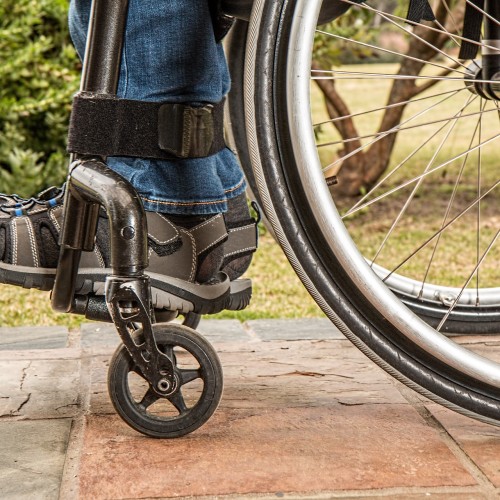
Personal Injury Case Settlement Guide
If you’ve been injured in an accident, you likely have numerous questions about the completely foreign, complex legal territory you’re about to navigate.
A personal injury case can be confusing, especially since each one is completely unique with different factors that ultimately determine the outcome.
Even if you’ve retained an attorney, you’re still likely wondering what steps you will have to take in order to secure a settlement that will cover lost wages, health care costs, legal fees and other finances so that you can recover and get on with your life.
There are two ways to be compensated following an accident or injury in which you are not at fault. First, you may be offered a settlement out of court, an outcome that is most likely if your attorney has negotiated fair compensation. If an adequate settlement cannot be reached, your case will be settled through a civil lawsuit that goes to trial, where either a judge or jury will decide the outcome of your case, including any compensation to which you might be entitled.
Personal Injury Settlements: 101
In many cases, personal injury cases are settled without going to trial, especially if you have secured an attorney who is a good negotiator.
While going to court in front of a judge or jury brings with it the possibility of a larger settlement, it also is more risky, since there is a chance that you may lose your case, based on how your attorney handles the opposition, even if the odds seem clearly stacked in your favor.
Because many insurance companies will begin by offering lowball settlements – payouts reduce their profit margins – it’s important that you have the right attorney to help you both navigate and negotiate.
He or she will know when a settlement being offered is fair – based on experience and/or other cases – or if your case ultimately should go to trial.
To Settle Or Not To Settle
An insurance company or a defendant can make an offer to settle your case either before a lawsuit has been filed or after the paperwork has been completed. They can also offer a settlement after a trial begins, which they may do if things aren’t looking as though they will go in their favor.
Once a settlement agreement is reached – and both parties are comfortable with the outcome – you’ll file a liability release, relinquishing the defendant from future claims related to the injury.
Insurance companies almost always settle when it comes to personal injury cases because going to trial is expensive, and putting a case in the hands of a potentially sympathetic jury can lead to a larger award – think pain and suffering or other damages – than a pre-trial settlement.
A settlement can also help protect a company from negative publicity, especially if it includes a confidentiality agreement that prevents the injured party from making the incident public.
A settlement can also be beneficial to a plaintiff who may have medical expenses and lost income due to time off from work related to the injury. A trial can last for years, putting an additional burden on a plaintiff in need of financial relief.
If Settlement Negotiations Fail
But a settlement agreement isn’t always reached, and if a plaintiff’s legal team and an insurance company fail to come to an agreement, the next step is taking the case to trial.
While most accident or injury cases do not reach a courtroom, some cases do, especially so when settlement offers are too low to meet a plaintiff’s financial needs, or if an insurance company or a defendant’s legal team believes that a defendant’s case is too weak to ensure a slam-dunk win.
In order to determine what kind of settlement to expect – or if you’ve been offered a settlement already – there are a few things you’ll want to discuss with your attorney before accepting the offer that’s on the table.
- What have been the settlement outcomes in similar cases?
- Have other juries been sympathetic in this type of case?
- What are your chances of winning at trial?
- What are the strengths and weaknesses in both your evidence as well as the evidence that will be presented by the defendant?
You and your attorney should discuss the lowest amount you’ll accept should the defendant choose to settle in order to avoid the expenses of trial, which involves lining up witnesses, setting up depositions and investing in medical experts to secure professional opinions to bolster each side’s position.
Know how much the defendant’s insurance policy will cover – such as automobile insurance coverage after a car accident, which had a cap – or have definitive knowledge of the defendant’s own resources if an insurance company is not involved.
You’ll also want to know beforehand how much of your settlement will go toward attorney fees and how much you will pay in both federal and state taxes.











